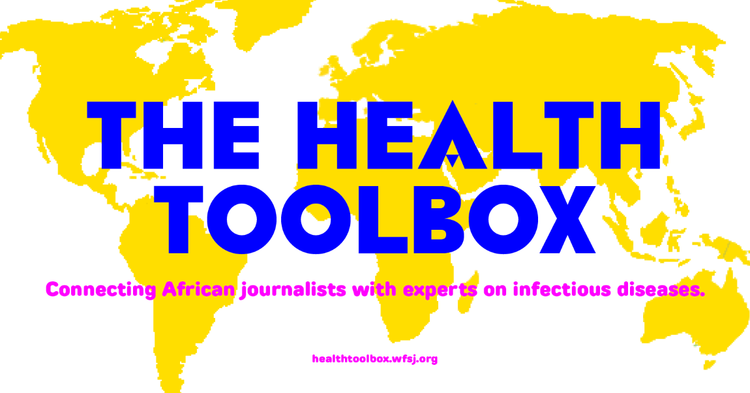
I have been sitting at my desk here at MESHA and thinking about an incident in 1997 between me and a scientist.
Back then, there was no mobile telephony in Kenya and reporters, like anyone else, I had to rely on fixed landlines. Even email use by then was limited leave alone the use of computers. Many of us, freelance journalists, had to make use of public telephone booths, which were also few and many of them were defective then. It was rare to miss a long queue in front of a telephone booth. It is amidst this background that I perilously made an appointment with a scientist who by that time was working on a biotechnology project producing tissue culture bananas.
With the confirmation made on Thursday, the plan was simple. That I had to be in her office from Nairobi at 11am the following Tuesday. Her office was situated at an agricultural research centre nearly 60 km away from Nairobi in a small town called Thika. As a freelancer, I used the little coins I had to pay for public transport – and I recall that I had barely much money left for my return. Though low paying, I knew my outing would be a good return on my investment.
Wait till I reached her office! Upon being informed by her secretary that I had arrived, the scientist quickly ushered me in and, I must say here that I have never met a person in such a foul mood, nearly 20 years later. Her eyes looked as if she was just about to commit murder. The victim? Me, of course. Yes, I was here to pursue a story on the impact of tissue culture banana on some farmers in Central Kenya basically a positive story. She had other experiences. Little did I know that she had been upset by a story written by a rival daily that had published a very bad-looking photo to illustrate a story similar to the one I was here to do. To make matters worse for me, she had been widely quoted in the story with some distortions, of course. Your guess is as good as mine on what happened next. With the alacrity of a Korean sword, she promptly, with a lot of hullabaloo, threw me out of her office and warned me never to set foot in her office leave alone the research institute again. My please to be allowed to continue with the interview and that I was not from that particular media house fell on deaf ears.
Such were the tribulations of science journalists then in Kenya. It is because of the poor relationship and between scientists and journalists and the need to bridge it that today, there exists a Health Toolbox (developed and promoted by a partnership that includes the Canadian International Development Research Centre (IDRC), Johnson & Johnson, Concordia University, On Our Radar, CREO and MESHA). Among many attributes, this tool does not need face to face meeting between these two cadres of professionals for a story to be done. Besides, the utilization of this tool by scientists and journalists saves time and money.
To us at MESHA, the introduction of the Health Toolbox has been a revelation as to what technology can do to ease the burden on journalists accessing experts. A lot of our members have since started using the toolbox and do not have to undergo my experience at the hands of a wronged scientist.
African journalists for sure will find the use of this tool as one which aims to improve the depth and quality of health reporting across the continent. The tool will find a ready team of experts who will for sure, also ties very closely with the soon to be launched MESHA monthly “cafés”, projects which are informal programs which will bring together health journalists with key researchers, implementers and/or policy makers and informed advocates to discuss important issues and information around HIV prevention research and implementation and the larger HIV response. We want to use this toolkit to the maximum as we roll out this program from November 28. The one-year program will be supported by AVAC and USAID.
We are sure that with the launching of the science cafes, we will increase the uptake and usage of this magnificent toolbox whose uptake has been rather slow.
At MESHA, we believe in bringing journalists together and this philosophy fits in snugly with the toolkit’s rallying call Connecting African journalists and health experts to create more impactful health stories.
Article by Aghan Daniel, Director of MESHA
November 2017